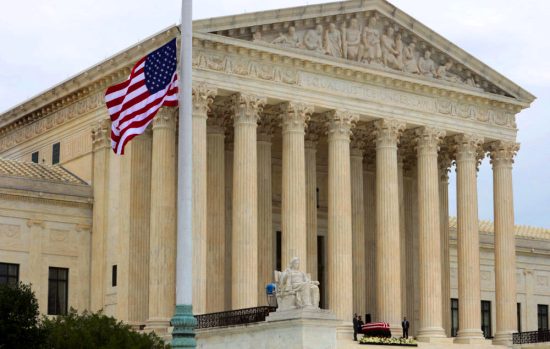Aryan Grover
In the case of Google LLC v. Oracle America Inc., taken up at the Supreme Court of the United States, the division bench has ruled 6-2 in the favour of Google. It has been held that Google’s use of 11,000 lines of code of the Java programming language (owned by Oracle) in 2005 was permissible as per the provisions of the Copyright Act’s fair use doctrine.
The dispute dates to 2010, when Oracle acquired Sun Microsystems, who were the previous owners of Java. Oracle proceeded to file a copyright infringement case against Google for having used Java’s API in its Android operating system. APIs or Application Programming Interfaces are “software intermediaries”, which allow cross-communication between to applications.
Oracle had claimed that, “Google had replicated the structure, sequence, and organization of the overall code” for 37 packages in its Java API, which performed various fundamental operations. The suit instituted against Google included seven patents and sought $9 billion in damages.
Google had first presented its case in a California district court, contending fair use on its part. The judgement was passed in its favour, with the judge stating,“So long as the specific code used to implement a method is different, anyone is free under the Copyright Act to write his or her own code to carry out exactly the same function or specification of any methods used in the Java API.
It does not matter that the declaration or method header lines are identical. Under the rules of Java, they must be identical to declare a method specifying the same functionality—even when the implementation is different.”
This decision was appealed and overturned by U.S. Court of appeals in 2014. Now, in its third trial and second appeal, the court has again ruled in Google’s favour, stating that the code created something new in the mobile operating system, which turned out to be a highly creative and innovative tool for a smartphone environment.
The court has also held that APIs are distinct from other computer programmes and not subject to the same copyright restrictions.

